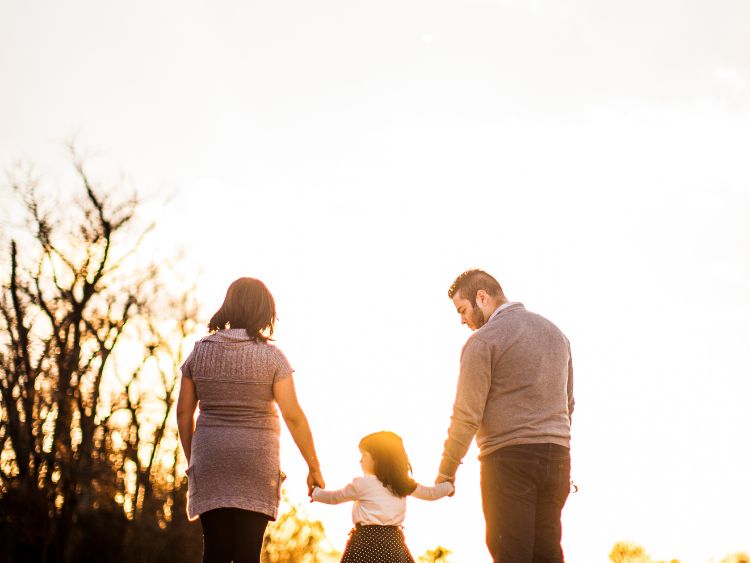What Does “Baby Daddy” Really Mean?
If you’ve ever heard someone use the term “baby daddy,” you might’ve wondered about its origins and meaning. Simply put, a baby daddy is the biological father of a child, typically used in situations where the parents are not married or in a romantic relationship. While it may sound casual—or even humorous—it often reflects a complex dynamic of co-parenting, relationships, and cultural nuances.
The Origins of the Term “Baby Daddy”
The term “baby daddy” comes from African American Vernacular English (AAVE). It gained mainstream popularity through music, movies, and pop culture in the late 1990s and early 2000s. Its rise to fame was bolstered by catchy lyrics and relatable narratives in media, giving it both a lighthearted and serious undertone.
- Etymology: “Baby daddy” combines “baby,” indicating the child, and “daddy,” referring to the father. It emphasizes the role of the man without implying a formal relationship.
Misconceptions About “Baby Daddy”
Like many terms rooted in culture, “baby daddy” is often misunderstood. Here are some myths that need debunking:
1. It’s Only Negative
Not at all! While it can sometimes carry a judgmental tone, many use it playfully or descriptively without malice.
2. It Only Applies to Certain Communities
Although the term originated in specific cultural contexts, it’s now widely recognized and used across different groups.
3. It Suggests Absence or Neglect
This misconception couldn’t be further from the truth. A baby daddy might be an active and loving parent, even if not romantically involved with the child’s mother.
Why Has “Baby Daddy” Become So Popular?
Pop culture played a huge role in making this term a household phrase. Songs, memes, and TV shows have spotlighted the term, often adding humor or drama to the idea of unconventional family setups.
- Music: Think about how hip-hop and R&B artists reference relationships and parenthood.
- Television: Shows like Maury turned “You are the father” into a cultural catchphrase, indirectly promoting the term.
Understanding the Role of a Baby Daddy
At its core, being a baby daddy isn’t just about biology—it’s about the responsibilities that follow. Some fathers embrace the role fully, while others may struggle due to personal or external circumstances.
What Makes a Good Baby Daddy?
- Active Involvement: Spending time with the child.
- Financial Support: Contributing to the child’s needs.
- Respect for Co-Parenting: Maintaining a healthy relationship with the mother.
Challenges Faced by Baby Daddies
Being a baby daddy isn’t always smooth sailing. Here are some common challenges they face:
- Co-Parenting Struggles
Balancing roles without a romantic relationship can be tricky. Miscommunication often leads to conflict. - Financial Pressures
Supporting a child financially, especially outside of a traditional household, can feel overwhelming. - Judgment from Society
Let’s face it—society can be quick to judge. Stereotypes often paint baby daddies unfairly, overshadowing their efforts.
How to Navigate Co-Parenting as a Baby Daddy
Co-parenting requires patience, mutual respect, and a focus on the child’s well-being. Here are some tips to get it right:
1. Communicate Effectively
Keep conversations respectful and goal-oriented. Avoid airing grievances in front of the child.
2. Establish Boundaries
Clear boundaries help prevent misunderstandings and conflicts.
3. Share Responsibilities
Dividing tasks like school pickups or doctor’s appointments ensures both parents are actively involved.
4. Focus on the Child
Remember, it’s not about you or the other parent—it’s about creating a stable environment for your child.
Common Baby Daddy Stereotypes—and How to Break Them
- “Deadbeat Dad”
Prove this wrong by showing up consistently, both emotionally and financially. - “Drama King”
Avoid unnecessary conflicts and prioritize maturity in interactions. - “Just the Weekend Dad”
Engage in your child’s life beyond visitation days to build a deeper bond.
FAQs About Baby Daddies
What’s the difference between a baby daddy and a father?
A baby daddy specifically refers to a biological father, often when the parents aren’t in a romantic relationship. A father, however, embodies the broader role of providing care, support, and guidance.
Can a baby daddy and baby mama get along?
Absolutely! Many co-parents establish healthy, friendly relationships for the sake of their child.
Does the term “baby daddy” always imply negativity?
No. While some may use it with a negative connotation, many embrace it as a neutral or even affectionate term.
Can a baby daddy fight for custody?
Yes, like any parent, a baby daddy has the legal right to seek custody if he can prove his ability to care for the child.
How Society’s View on Baby Daddies Is Changing
Over the years, perceptions about unconventional family structures have shifted. With growing acceptance of co-parenting and blended families, terms like “baby daddy” are losing their stigma. Fathers are stepping up to redefine their roles, proving that love and commitment matter more than labels.
Conclusion: The Modern Baby Daddy
In today’s world, a baby daddy isn’t just a label—it’s a reflection of evolving family dynamics. Whether the term makes you chuckle or cringe, there’s no denying its cultural relevance. What truly matters is the love and support a parent provides, regardless of titles or circumstances.
Authoritative Links for Further Reading
- Understanding Co-Parenting: www.parents.com
- Legal Rights for Fathers: www.childwelfare.gov
- Tips for Successful Co-Parenting: www.healthychildren.org
